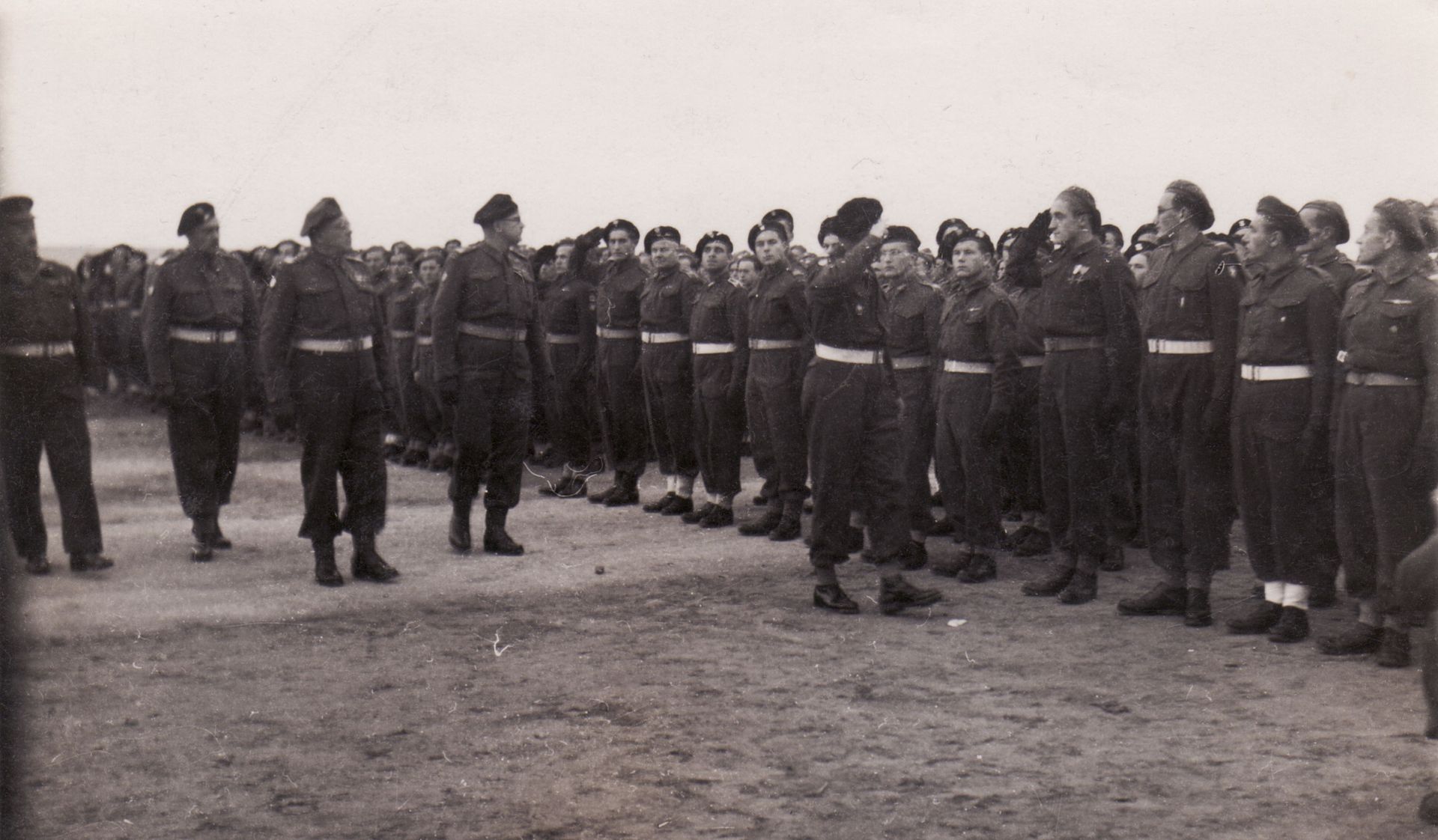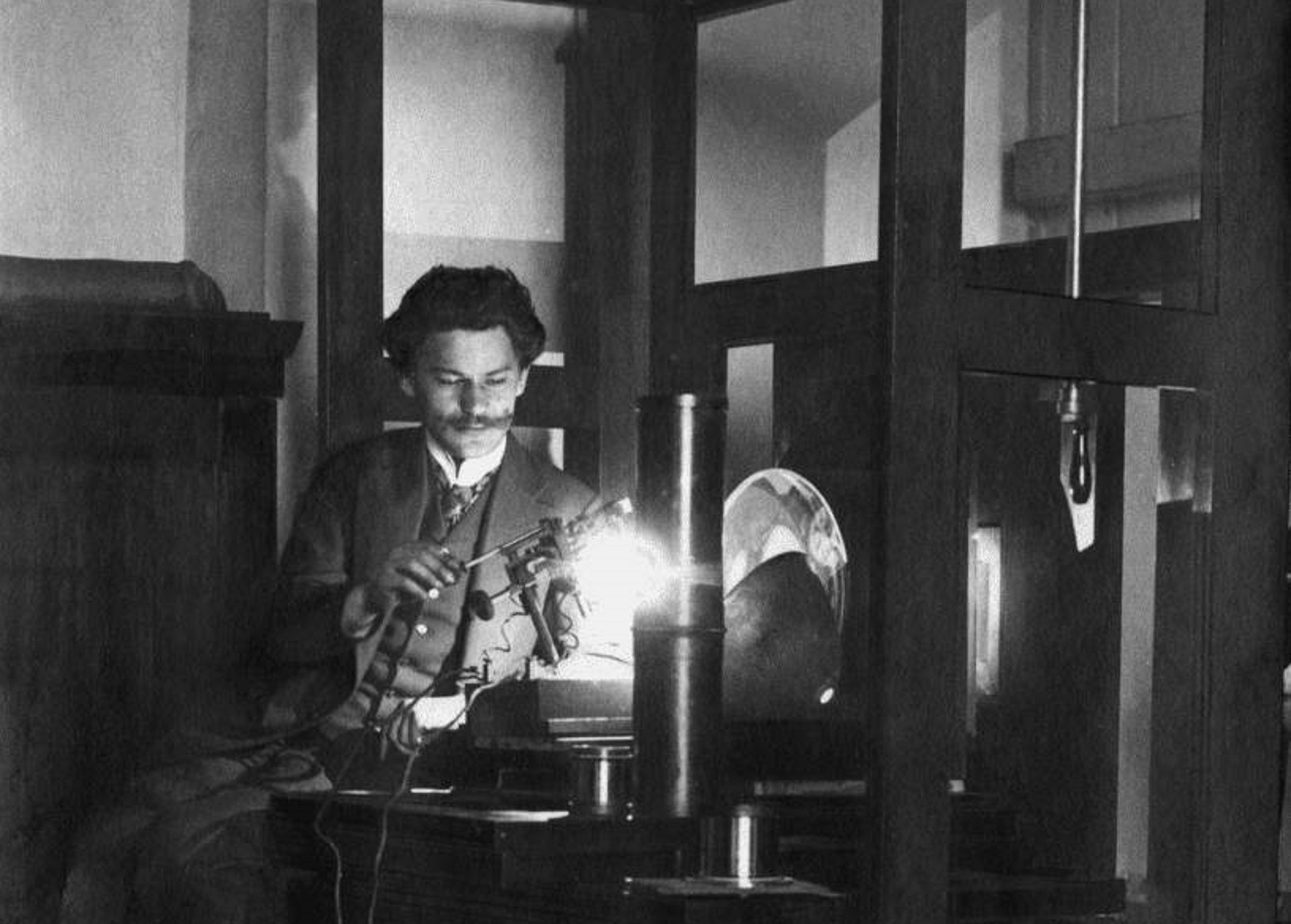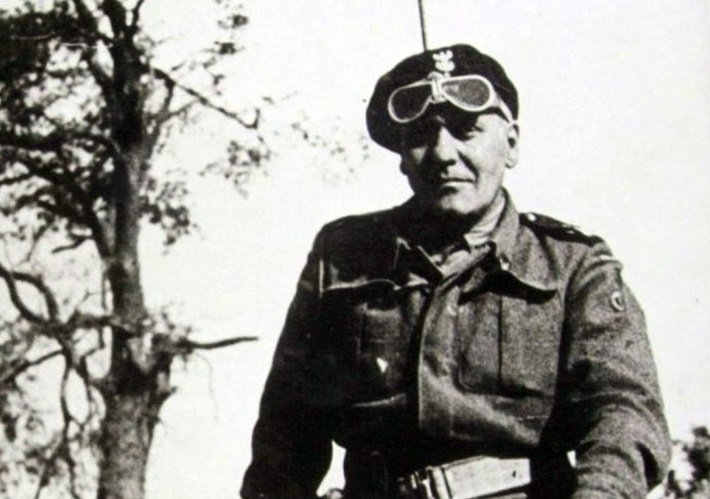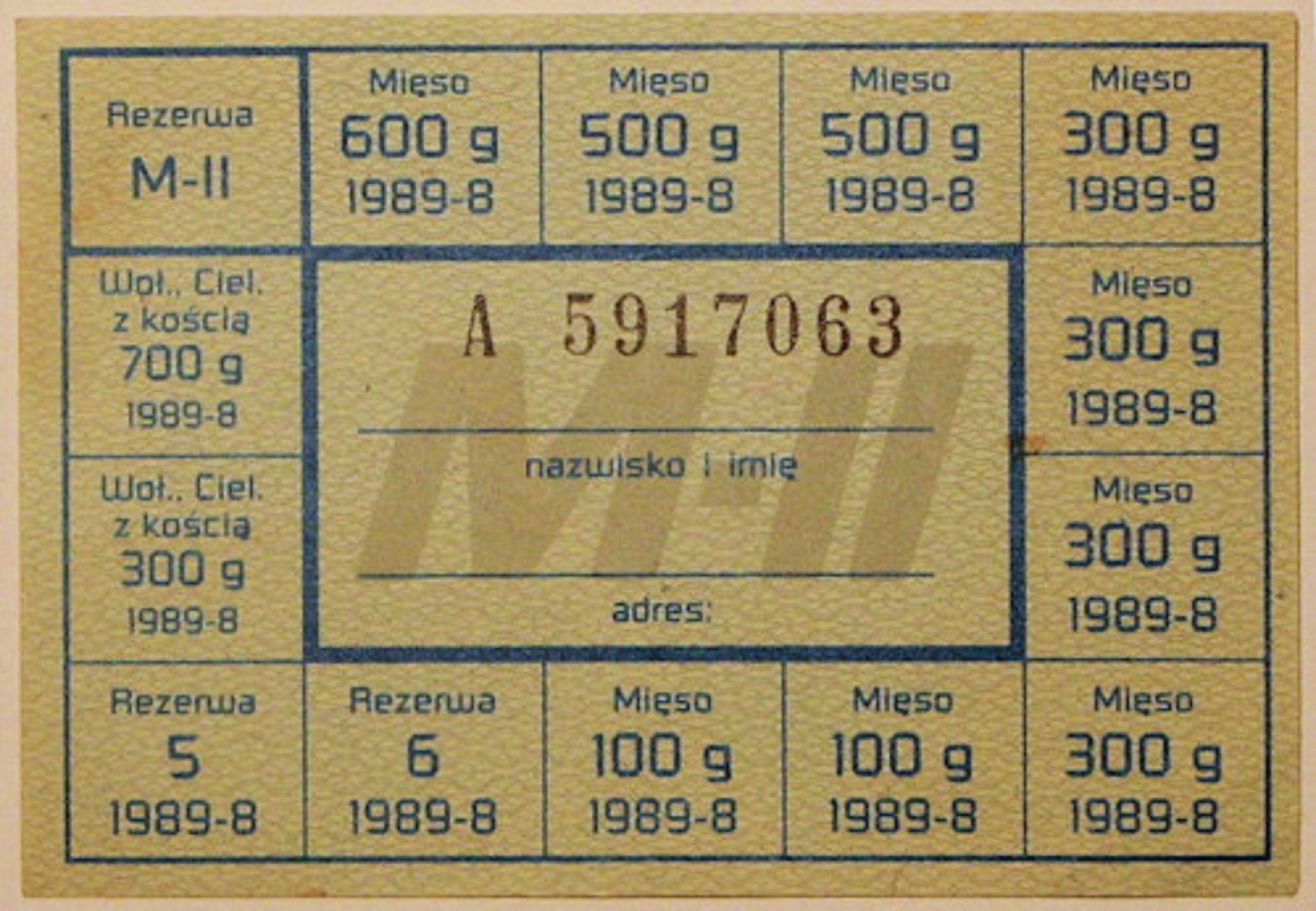Anders was a representative of the generation which, thanks to active work in the interwar period, could then pass the story of free Poland to following generations of Poles. Therefore, after the Second World War, Anders served as a representative of Polish independence. However, it was only symbolic for many years and remained so until the submission of the Polish state insignia to the democratically elected president of the Third Republic in 1990 – says Prof. Tomasz Schramm.
General Władysław Anders is a very well-known figure in Poland: a soldier, politician, and a symbol of the fight for a free Poland after 1945. Who is he for you?
He is, first of all, the man who gave his name to the Polish army established in the Soviet Union. It was an army subordinated to the Polish government in exile in London and composed of tens of thousands of Polish citizens in exile, NKVD prisoners and concentration camp prisoners in the Soviet Union. Thanks to this, it was also possible to save thousands of Polish children from death when they were evacuated together with the units. The formation of the army began in August 1941, following the conclusion of an agreement by the Polish authorities with the USSR, known as the Sikorski-Maysky accord. [This agreement was] intended to restore diplomatic relations that had been interrupted after the invasion on 17 September 1939. Anders’ army [followed] an extremely difficult route that led through the Soviet Union, as well as Iraq and then Palestine. It became famous after fighting on the Apennine Peninsula, including taking part in the victorious Battle of Monte Cassino. Certainly, General Anders’ rich military history is extensive, he began his career during the First World War. In the period just after the war, when the Polish state had gained independence, Anders was undoubtedly one of the most distinguished officers of the Second Polish Republic.

Due to your research interests, you have been working closely with your foreign colleagues, especially French researchers, for many years. If we tried to present General Anders to Western historians, what element of his biography would we bring to the fore?
Anders stands for the rich achievements that made him a symbol of the Polish fight for European freedom. The dramatic fate of his generation is often forgotten. I think that Anders’ military path symbolizes the path of a whole generation of people who lived to see the longed-for independence of their homeland, and after only twenty years were forced to fight again in its defense. Unfortunately, he shared the fate of many thousands of Polish emigrants who were unable to return to their home when the new political order established by the Grand Alliance placed Poland behind the Iron Curtain. However, he was a man who, after the end of the Second World War, did not stop working for Polish freedom, maintaining the spirit of Polish emigrants, as well as national tradition and patriotism.
A conference was held at the Royal Castle in Warsaw on 8 September, devoted on the one hand to the fiftieth anniversary of General Anders’ death, and on the other, to the centenary of the Battle of Warsaw. Why is the memory of Anders’ life and achievements so important?
Undoubtedly, he contributed greatly to the fact that Poland regained independence and later he served Poland the best he could. 1918, which was accepted by Poles as the year their nation regained its statehood, was in fact just the beginning of regaining its independence. The final shape of Poland’s borders did not take until 1923. Thanks to the dedicated work of the [Polish people], many impressive achievements of which many Poles are proud were achieved in just a dozen or so years. Of course, some mistakes could not be avoided, but, even when taking those into account, the assessment of these achievements must be definitively positive.
What is important is that Anders was a representative of the generation which, thanks to active work in the interwar period, could then pass the story of free Poland to following generations of Poles. Therefore, after the Second World War, Anders served as a representative of Polish independence. However, it was only symbolic for many years and remained so until the submission of the Polish state insignia to the democratically elected president of the Third Republic in 1990.
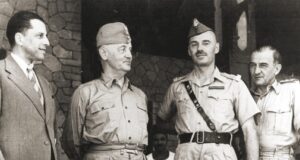
From this perspective, the work of the generation rebuilding the Polish state after 123 years of partitions seems to be crucial for the entire history of the 20th century in Poland.
Indeed, Poland was given an extraordinary opportunity that its predecessors, fathers and grandfathers, did not have. Let me take the risk of saying that Anders’ generation used this chance almost one hundred percent. Therefore, also today, the history of the Second Polish Republic is referred to in Poland with great sentiment, stressing its many impressive achievements despite enormous difficulties and unfavorable circumstances. It was able to combine the territories of the three partitions, rebuild the country from the devastation after the First World War, defend itself against the deadly threat posed by Bolshevik Russia in 1920, and then not only avoid many delays, but also significantly develop many segments important for the functioning of the state. The construction of Gdynia and the Central Industrial District stand as symbols of this development to this day. The ethos that accompanied Polish society during the period of Communist enslavement was also established. In a sense, it also radiated this feeling to other states and nations which, like Poland, had to fight for their freedom again.
We have mentioned the anniversary of the Battle of Warsaw – which happened 100 years ago. Is it only an element of Polish tradition, or can we treat the victory over Soviet Russia in 1920 as a visible part of the European identity?
Although this great triumph could not be celebrated openly during the Communist regime, its memory was maintained in various ways. The birth of Solidarity in 1980 brought a significant change, thanks to which it was impossible to prevail over the annihilation of this memory throughout the entire 1980s. The Battle of Warsaw became one of the most important elements of patriotism, and at the same time a symbol of the fight against Communism. Most importantly – it was a victorious fight. However, it was possible to speak about it openly only after the political transformation and regaining freedom in 1989. Each anniversary of the battle, especially this year, is a great celebration that reminds us of the enormous sacrifice of the Polish soldier.
It should serve as an inspiration not only for Poles, but also for Europeans: freedom should be constantly defended, but we should all be able to unite around common values. Already on the threshold of independence, Józef Piłsudski warned that freedom is not given once and for all – and this thought should be repeated constantly. I have the impression that most Poles today are convinced that this great victory is not sufficiently appreciated in Western Europe, and yet there are many indications that it extinguished the flame of the Bolshevik revolution, which would set the entire continent on fire. Otherwise, Europe would have been completely different.
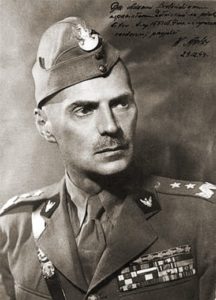
Why did the Polish story of this victory not make it into the general European awareness?
The public opinion of Western Europe was not interested in the distant country of Poland. On the one hand, there was the propaganda of the Bolsheviks, who managed to push through the narrative that it was Piłsudski’s aggressive policy that provoked the war. On the other hand, many Western European politicians were reluctant to support the Polish cause and eagerly perpetuated this false myth. They said that the best solution was to leave the Poles with the trouble they themselves had earned. Contemporary Western European historians studying the interwar period are fortunate enough to appreciate the significance of the Battle of Warsaw, but there is still much to be done for the Battle of Warsaw to take its place in the European historical tradition.
Interviewer: Michał Przeperski
Translation: Alicja Rose & Jessica Sirotin

